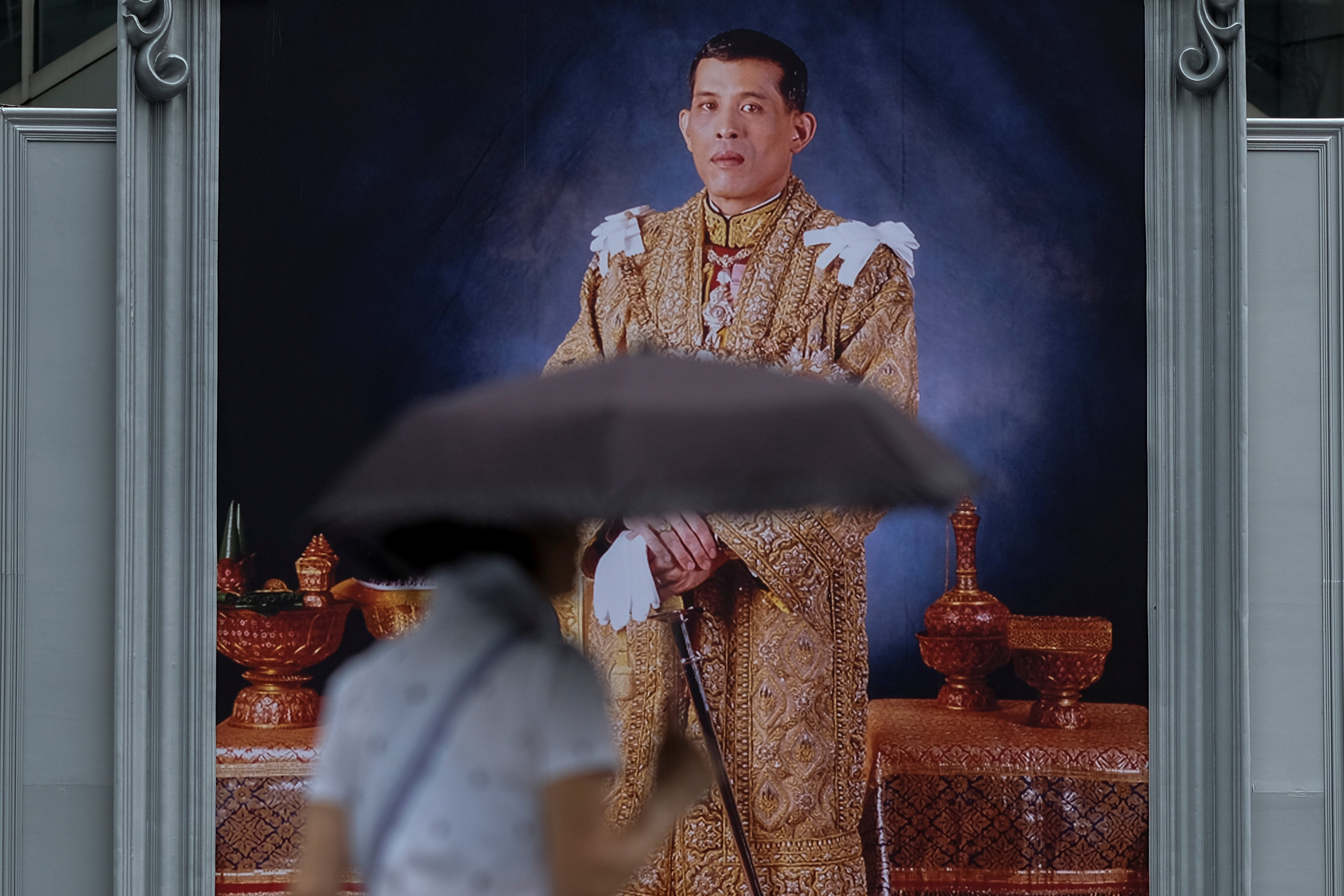
BANGKOK (Reuters) – Thailand’s military-backed parliament voted overwhelmingly on Friday to make amendments to the constitution as suggested by the new king’s office, a move likely to delay a general election scheduled for the end of the year.
The military-backed constitution is a key part of the junta’s plans to hold an election to return Thailand to democratic rule following a 2014 coup.
The draft constitution was approved in a referendum last year and has been awaiting endorsement by King Maha Vajiralongkorn, who took the throne in December after the death of his father, King Bhumibol Adulyadej, who commanded immense respect from Thais during his 70-year reign.
Promulgation of the charter, which was forwarded to the palace for royal endorsement in November, was expected in early February.
Prime Minister Prayuth Chan-ocha said on Tuesday the office of King Vajiralongkorn had asked for several changes to clauses related to royal power in the draft constitution, a rare intervention by a sitting Thai monarch.
In order to make those changes, the National Legislative Assembly has first to amend the interim constitution.
Of 231 assembly members, 228 voted in favour of the changes on Friday with three abstaining.
The assembly also made changes allowing the king to travel overseas without having to appoint a regent to rule in his stead.
King Vajiralongkorn travelled frequently while he was crown prince and has spent a significant amount of his adult life abroad, mostly in Germany.
Somjet Boonthanom, a member of parliament, said it was likely that elections would now take place next year.
“The election will take place 15 months after the constitution is endorsed,” Somjet told Reuters.
The U.S. State Department said the United States, a long-time ally of Thailand which scaled back contacts after the coup, wanted to see Thailand “return to inclusive, democratic rule as soon as possible.”
“We want Thailand to emerge from this transition period as a strong, sustainable, and prosperous democracy that reflects and represents the views of all Thais and protects human rights and fundamental freedoms,” said Katina Adams, a spokeswoman for the department.
The government must first make the requested amendments. The king then has 90 days to approve the amended charter, Somjet said.
“According to the steps, the election should happen early to mid-2018,” he said.
Both the junta and the Royal Household Bureau declined to comment on why the changes were requested by the king.
(Reporting by Bangkok Bureau; Additional reporting by David Brunnstrom in Washington; Editing by Nick Macfie and James Dalgleish)
Copyright 2016 Thomson Reuters. Click for Restrictions.


